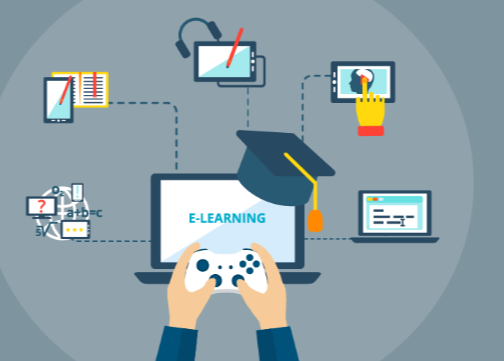Benefits of Gamification in Learning

Gamification in learning has emerged as a significant area of interest for educators and researchers alike. By integrating game mechanics, such as points and badges, it enhances student engagement and motivation. Moreover, it promotes better retention of knowledge through interactive experiences. The collaborative aspect fosters social interaction among learners, while personalization tailors learning paths to individual needs. These elements collectively create a dynamic educational landscape, raising questions about their long-term impact on learning effectiveness.
Enhanced Engagement and Motivation
A growing body of research indicates that gamification significantly enhances engagement and motivation in educational contexts.
By integrating game mechanics, such as points, badges, and levels, alongside interactive challenges, learners experience increased autonomy and a sense of achievement.
This dynamic environment cultivates intrinsic motivation, encouraging students to participate actively and persistently, thereby fostering a more vibrant and liberated learning experience.
Improved Retention and Learning Outcomes
While traditional educational methods often struggle with knowledge retention, gamification has emerged as a promising approach that enhances both retention and learning outcomes.
By integrating game mechanics, learners experience increased engagement, which significantly boosts memory retention.
This interactive format encourages knowledge application through practical scenarios, allowing students to better internalize concepts and effectively transfer skills to real-world situations, ultimately leading to improved educational results.
Fostering Collaboration and Social Interaction
Gamification not only enhances individual learning experiences but also significantly fosters collaboration and social interaction among learners.
By incorporating team challenges, learners engage in cooperative problem-solving, promoting a sense of community.
Furthermore, the integration of peer feedback mechanisms encourages open dialogue and constructive criticism, enhancing interpersonal skills and mutual support.
This collaborative environment nurtures creativity and drives collective achievement, empowering individuals within a shared learning journey.
Read also: Tech News Feedworldtech
Personalization and Adaptability in Learning Experiences
Personalization and adaptability in learning experiences are critical components of effective educational strategies, as they allow for tailored approaches that meet the diverse needs of individual learners.
Customized pathways enhance engagement by catering to unique interests, while responsive feedback empowers students to navigate their learning journeys.
This dynamic interplay fosters autonomy, promoting deeper understanding and retention, ultimately leading to more meaningful educational outcomes.
Conclusion
In conclusion, the integration of gamification in learning environments not only heightens engagement and motivation but also significantly enhances knowledge retention and fosters collaborative learning. By personalizing experiences, it caters to diverse learner needs, creating a more effective educational framework. As educational institutions increasingly seek innovative methods to boost learner outcomes, one must consider: how can embracing gamification transform the future of education? The evidence suggests that the potential benefits are both profound and far-reaching.




